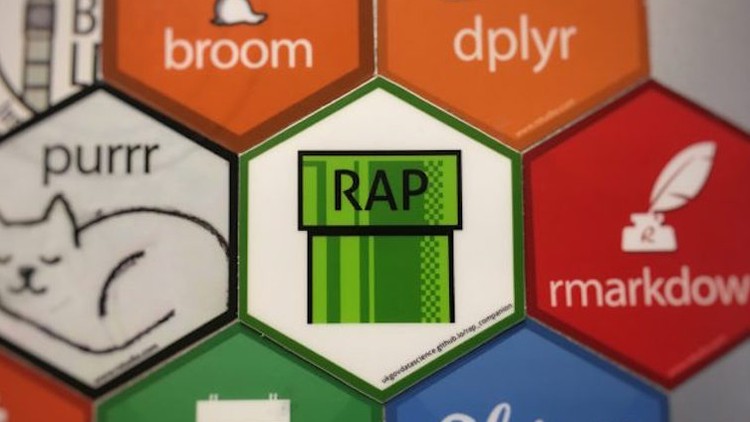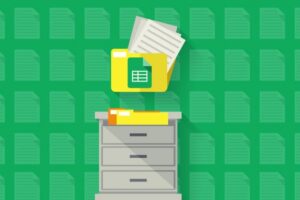Reproducible Analytical Pipelines (RAP) using R – Free Udemy Courses
Automating the production of statistical reports using DataOps principles.
What you’ll learn
Reproducible Analytical Pipelines (RAP) using R – Free Udemy Courses
- Use DevOps to improve the production time and quality of your statistical reports.
- Build a reproducible analytical pipeline enshrining business knowledge in an R package.
- Automate the production of a periodic report.
Requirements
-
You should be familiar with R and the RStudio Integrated Development Environment.
-
You should be familiar with git and Github.
-
You should be familiar with writing functions in R.
Description
At the end of my course, students will be able to identify suitable Reproducible Analytical Pipelines (RAP) opportunities in their organization. From their chosen report they will derive the minimal tidy data set required to produce all the figures, tables, and statistics therein. They will confidently use basic git functionality for version control, providing an audit trail of their progress. They will collaborate on Github using a standard workflow relying on pull requests for peer review; ensuring quality assurance throughout the project. They will build an R package, providing a single corpus to enshrine and encapsulate the business knowledge.
The package will have all the hallmarks of reproducibility and quality assurance through the students’ prudent application of Open Source software development tools and principles including functional programming, unit testing, continuous integration, and dependency management. The outcome will be a software package that facilitates an improved production time of the statistical report while improving the quality of the statistics. This will free up the student’s time to do more interesting things.
DISCLAIMER: The views and opinions expressed in this course are those of the author and do not reflect the official policy or position of GDS or the UK Government.
Who this course is for:
- Anyone who has produced the same report or publication more than once.
- Anyone frustrated and bored of manually processing data.
- Anyone keen to automate their workflow for the regular analysis of the same kind of data input.








